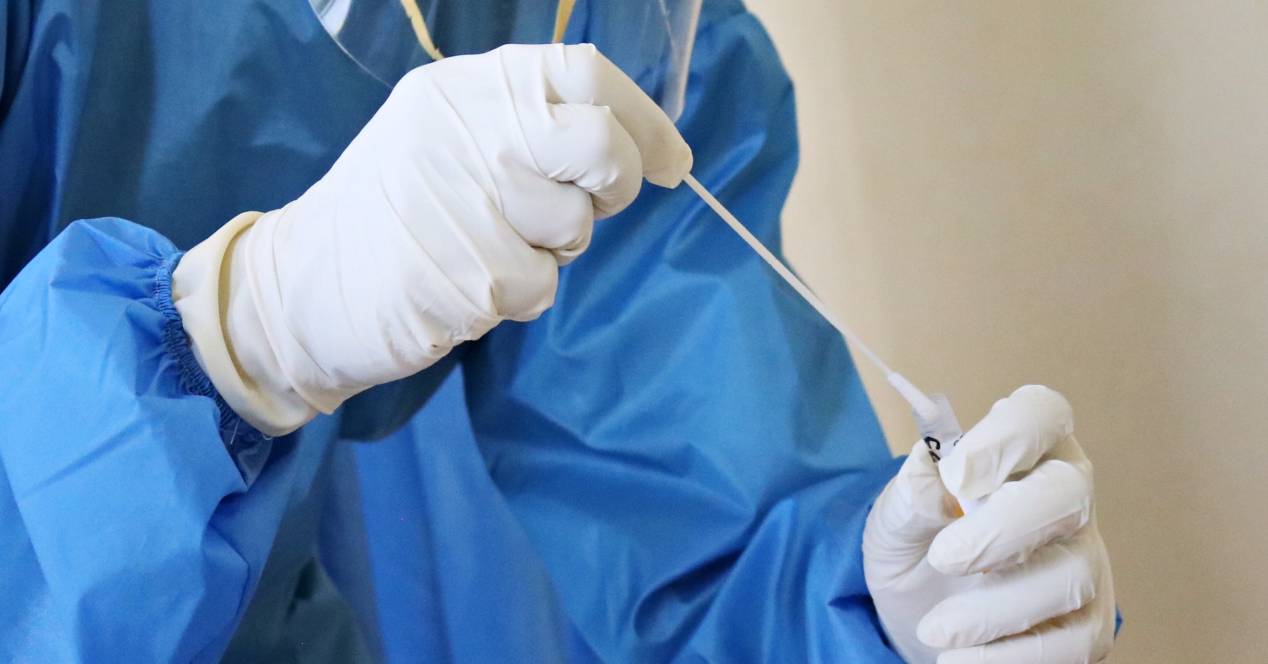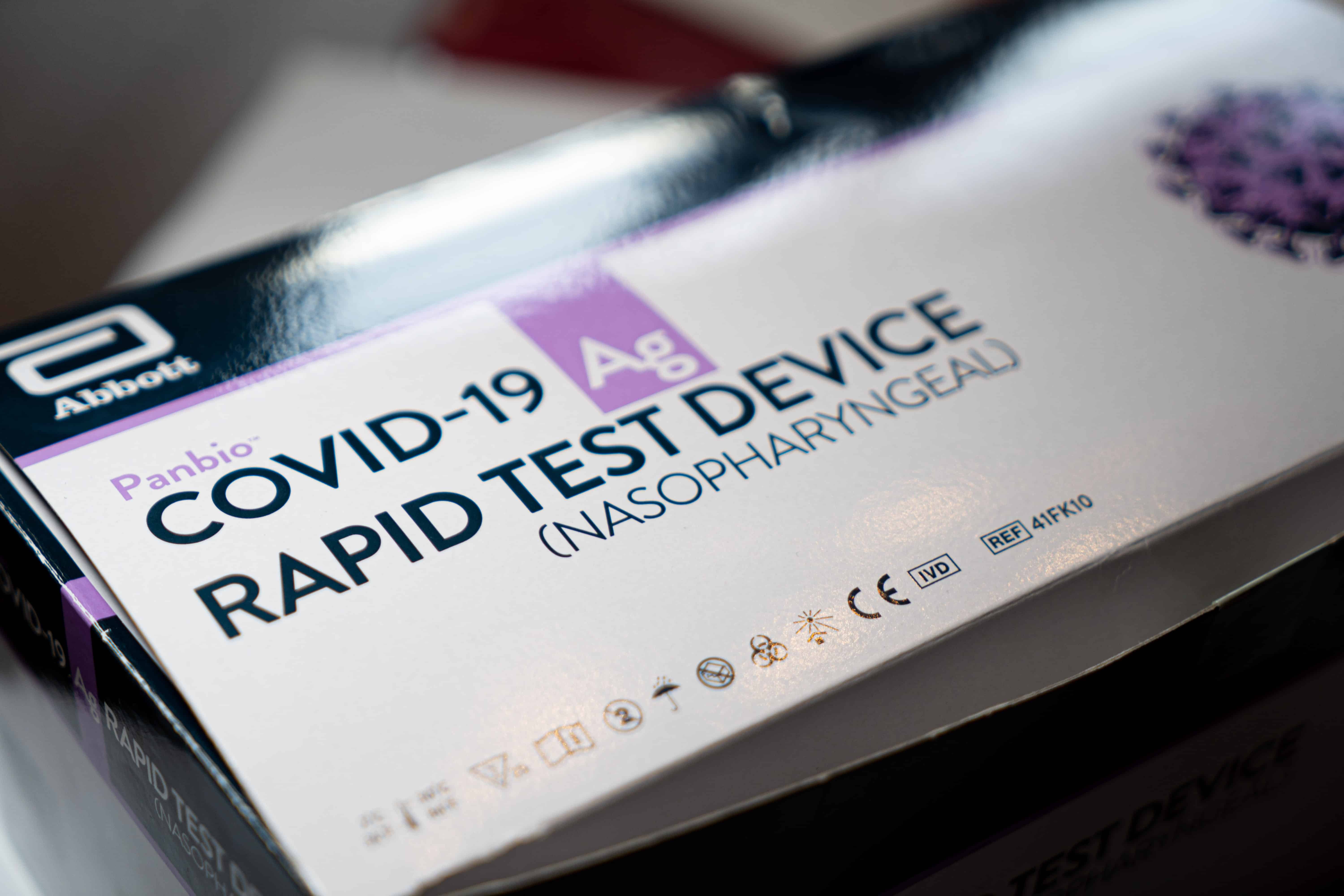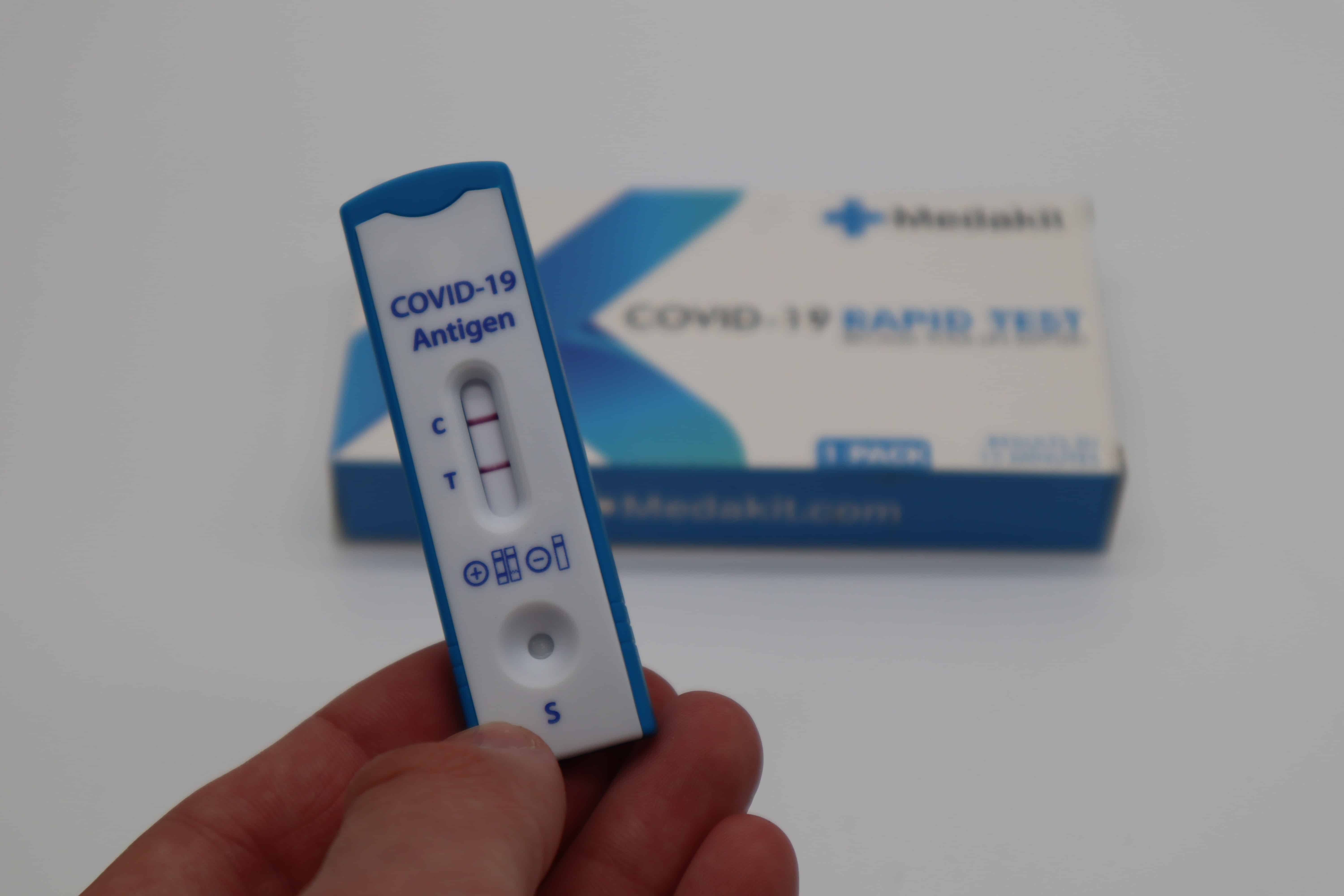
You took a coronavirus test and the results were positive. Whether the news confirms your suspicion or comes as an unexpected shock, a positive diagnosis can raise many questions. Mainly: What are you supposed to do now that you have COVID-19?
If you're sick, experts recommend staying home except to receive medical care. Separate yourself from other people as much as possible and tell your close contacts that they may also have been exposed to the virus.
Assuming you're well enough to recover at home, experts recommend isolatete for at least 10 days from the onset of symptoms. Even then, you must be fever-free for at least 24 hours without the aid of fever-reducing medications and see an improvement in other symptoms you may have before it is safe to be around other people.
If you have to be close to people and pets, it is recommended use a mask, even at home.
Being symptom free is not a free pass. even if you are asymptomatic, you must isolate yourself for 10 days from the day you tested positive. And if you continue to develop symptoms during that time period, the clock starts over: you must self-isolate for 10 days from the day your symptoms appear.
How do I get my test results?
How you find out your COVID-19 test results will depend on the type of test you had and where.
If you had a test done in an outpatient clinic, a hospital or a pharmacy, you can expect results on the spot in a matter of minutes. However, if your sample was sent to a lab for processing, it may take several days to get the results. In that case, the doctor or nurse making the request will likely be in touch.
Generally, samples of nasal swabs in the car or in a pharmacy local retailer should be sent to a diagnostic laboratory for processing. Some test sites have online patient portals that allow you to search for your results when they become available.
The COVID test kits in property they allow you to collect your own saliva or nasal mucus sample and mail it back for testing. You will get the results online and you may have the opportunity to schedule a remote consultation with your doctor.

Who should you tell that you are positive?
It may seem uncomfortable, but sharing the news of your positive COVID diagnosis with the people around you (your family, of course, but also your yoga buddies and the people around you at work) can help slow the spread of COVID-19. the infection. Similarly, you would like to know if you were exposed to someone with COVID-XNUMX, right? Close contact is defined as any person within the 2 meters from an infected person for 15 minutes or more.
If the result is positive, you may receive a call from a tracer. That person's job is to compile a list of the people you've been in close proximity with so they can be notified and search for evidence as soon as possible. The tracker will not reveal, allude to, or confirm your identity or any information that identifies you.
Being open with anyone who is part of a contract tracing program after you've tested positive is really critical. If we don't do that, we won't establish where the additional risk spots may be in our community, and if you don't, you are potentially responsible for the spread of COVID in your environment.
What if my family has no symptoms?
SAR-CoV-2, the virus that causes COVID-19, benefits from natural interactions between friends and family. Any family members who have been exposed should quarantine for at least 10 days, even if they do not have symptoms.
Yes, it is inconvenient. But ignoring exposure to COVID and living life without interruptions can put other people at risk.
Should you sleep separately?
When you're positive, sharing a bed with another person, or a bathroom, is not a great idea. Try to isolate yourself within a separate and distinct space in your home. Ideally, you should be locked in a room, eating, sleeping, and using a bathroom by yourself.
For those who live in tight quarters, experts advise separating yourself from other family members as much as possible. If someone in your household is at higher risk, such as a cancer patient receiving chemotherapy and whose immune system is compromised, consider alternative lifestyle changes. For example, you can look for a hotel that accepts these types of people temporarily.
Or, if you live with your grandmother and they have chronic conditions, you could minimize your exposure to the virus by going to your sister's house while you're in quarantine.

Can you continue to breastfeed your baby?
To date, there is no evidence that breast milk transmits the coronavirus to babies. That's why experts tell positive moms who choose to breastfeed that it's okay to start or continue breastfeeding as long as you wash and cover yourself with the mask first.
Obviously, moms who are sick with COVID cannot maintain social distancing with their little ones when they are breastfeeding, which is why other mitigation measures are so important.
Wearing a mask and washing your hands very well may be enough to reduce the chances.
Can you go outside?
There's no danger of being outdoors, per se, as long as you don't come into contact with other people.
If you're walking the dog in a rural or suburban area where you won't be physically bumping into people, that's perfectly fine.
Keep in mind that you want to put as much distance as possible between yourself and other people, significantly more than the usual 2 meters of social distancing. Also, keep your hands away from outside objects so you don't inadvertently spread the virus to someone else.
It can be difficult to remain locked in an isolation area. Getting outside, exercising, going outside, and walking—all of those things are not only safe when done with caution, but they're also recommended.
What happens if you don't improve?
Although COVID-19 can cause serious and life-threatening illness, most people only have mild symptoms and can recover at home. Many times people already feel better when they receive their test results, and that's great news. Others may start out feeling fine, but then their condition deteriorates.
If you are not improving, do not recover in the next few days, you should contact your primary care doctor to find out what needs to be done.
Any worrisome symptoms that may arise, such as shortness of breath, persistent chest pain or pressure, new confusion, bluish lips or face, or inability to wake up or remain awake, it should be treated as a medical emergency.